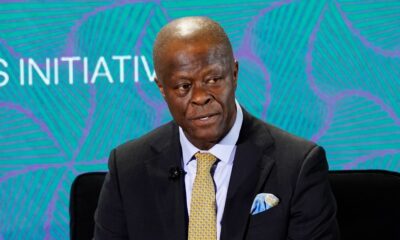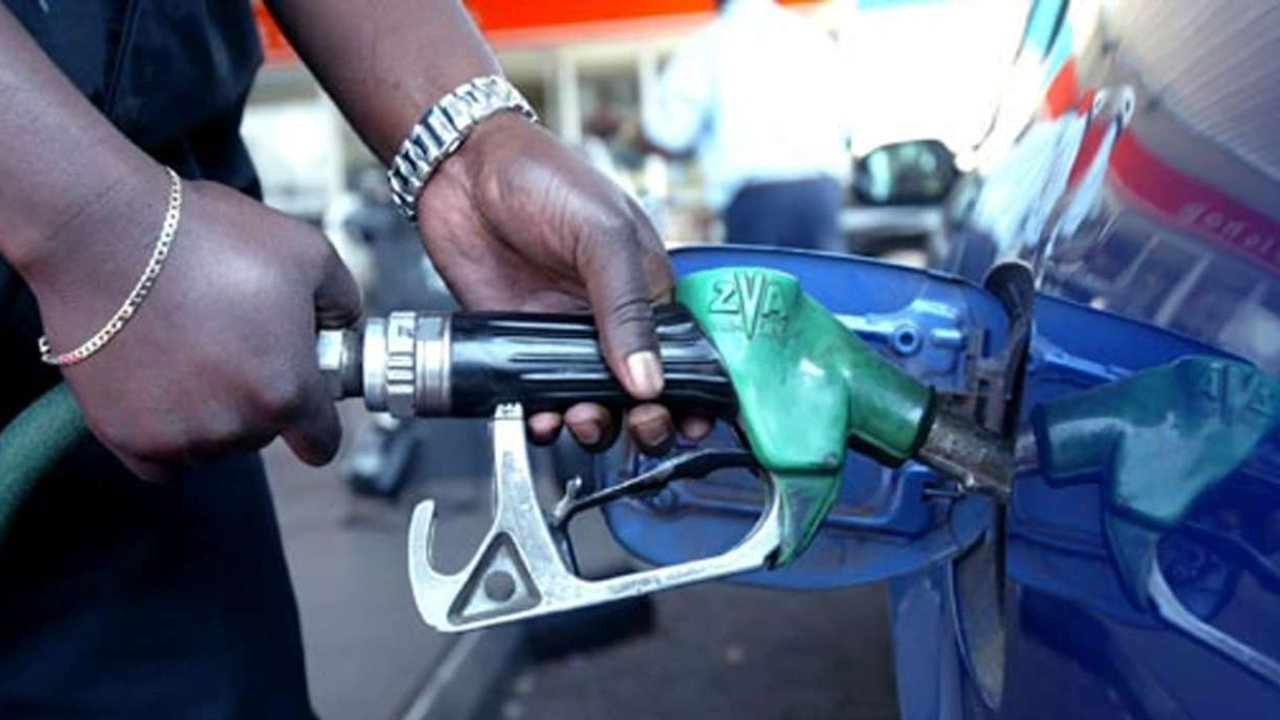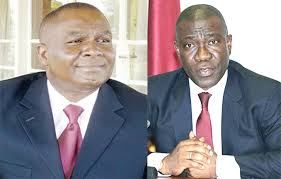Breaking News
FG Disburses ₦330bn Cash Transfers To 8.5 Million Households

The Federal Government has disbursed ₦330 billion to poor and vulnerable Nigerians under its conditional cash transfer programme, the Minister of Finance and Coordinating Minister of the Economy, Mr Wale Edun, announced on Monday.
Speaking in Abuja, Edun said the initiative, managed by the National Social Safety-Net Coordinating Office (NASSCO), is part of President Bola Tinubu’s strategy to cushion the impact of subsidy removal and exchange rate reforms on the poorest Nigerians.
According to him, the scheme targets 15 million households out of the 19.7 million poor and vulnerable households already captured in the National Social Register — representing more than 70 million individuals.
“So far, 8.5 million households have received at least one tranche of ₦25,000. Some have received two or three payments. The remaining seven million households will be paid before the end of the year,” Edun said.
He explained that while the previous administration planned ₦5,000 monthly for six months, the Tinubu government redesigned the scheme to provide ₦25,000 monthly for three months.
Edun stressed that the intervention is anchored on a “robust and sustainable system,” with all beneficiaries verified through their National Identity Numbers (NIN) and payments made digitally via bank accounts or mobile wallets.
“We now have the basis for a modern social protection system that can provide targeted assistance to the poorest and most vulnerable on a long-term basis,” he added, noting that future payments will be provisioned in the federal budget.
The National Coordinator of NASSCO, Mrs Funmi Olotu, explained that staggered payments were due to President Tinubu’s insistence on linking disbursements to NIN for accountability.
“No more traditional cash payments. All transfers are direct debit to bank accounts. That is why some households have received one, two, or three tranches already,” she said.
Olotu further clarified that the National Social Register, developed with the World Bank, is based on over 40 socioeconomic variables and “devoid of political interference.”




























